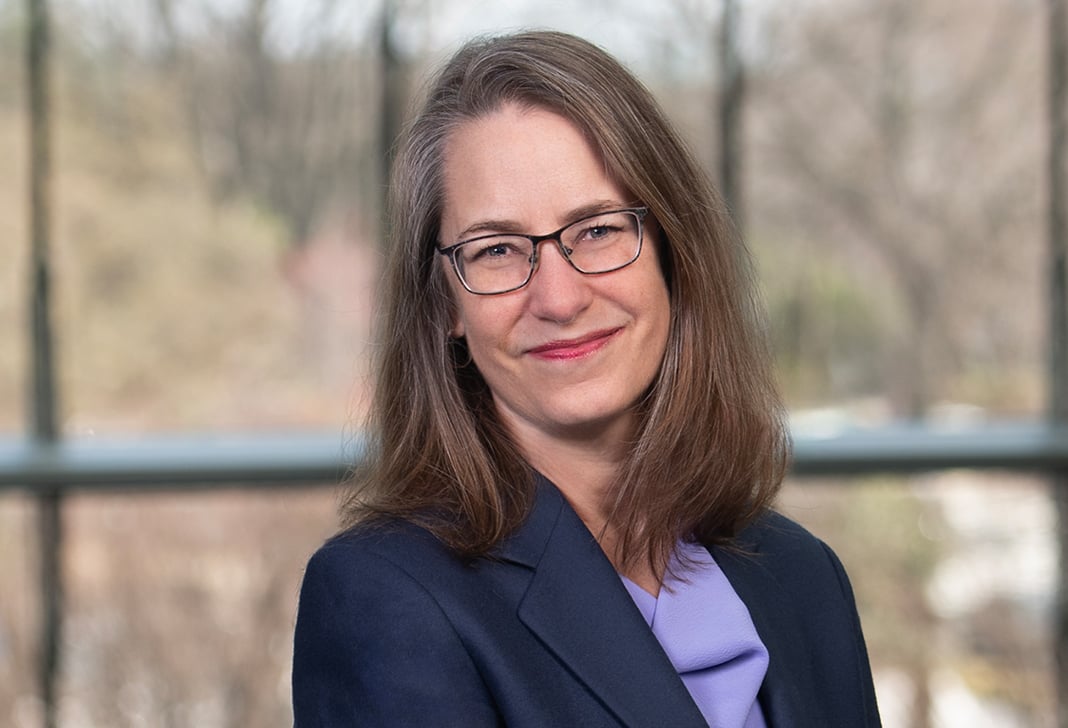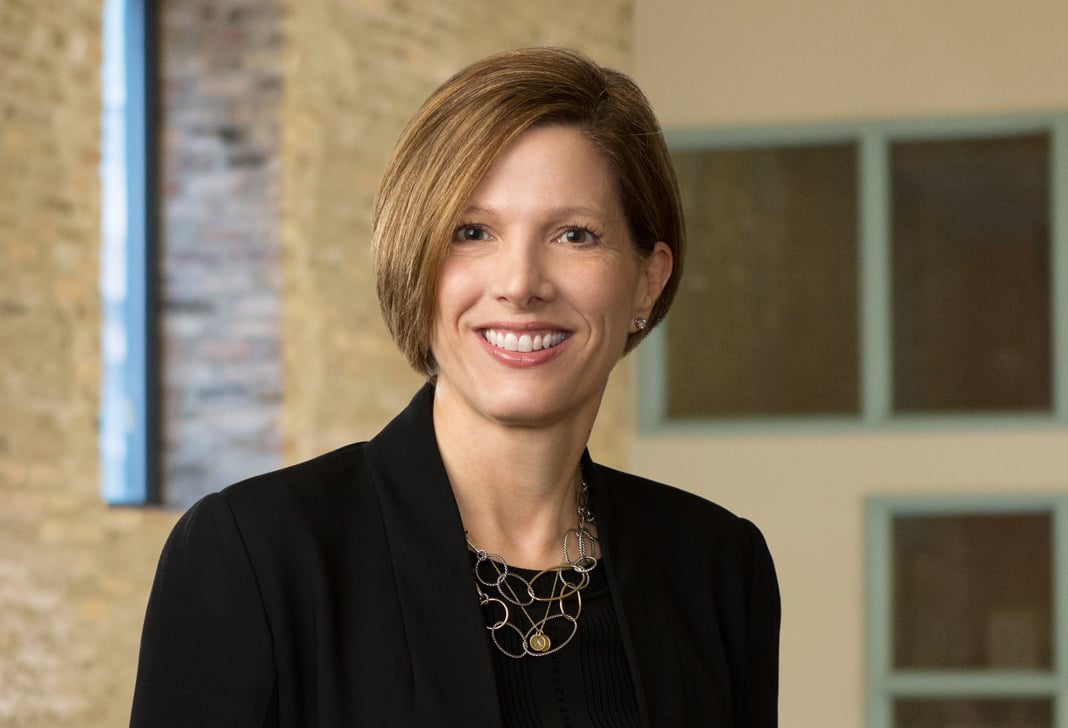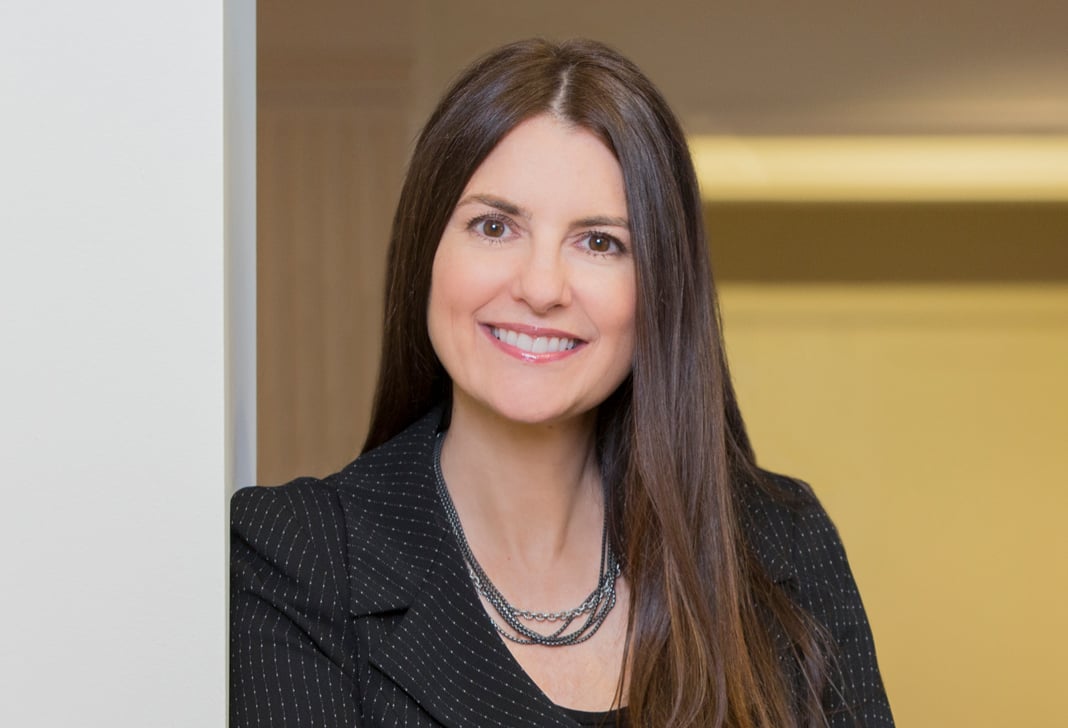
Supreme Court Affirms Narrow Scope of Wartime Suspension of Limitations Act, Interprets False Claims Act "First to File" Rule
In a unanimous decision issued on May 26, 2015, the United States Supreme Court closed the window that several lower courts had opened for bringing False Claims Act ("FCA") actions, finding that the Wartime Suspension Limitations Act ("WSLA"), 18 U.S.C. §3287, applies only to criminal offenses and not, as urged by the U.S. government (the "Government") and plaintiffs' bar, to civil FCA claims. But, the Court also held that the FCA's "first to file" rule keeps new claims out of court only while related, previously filed claims are still alive. The case is Kellogg Brown & Root Services, Inc. et al. v. United States ex rel. Carter, 575 US __ (May 26, 2015).
Two components of the FCA were before the Court. The first, the FCA's statute of limitations, provides that a qui tam action must be brought within six years of a violation or within three years of the date by which the United States should have known about a violation. In no circumstances, however, may that suit be brought more than 10 years after the date of a violation. 41 U.S.C. §3731(b). This statute arguably intersects with the WSLA, which, during wartime, suspends "the running of any statute of limitations applicable to any offense … involving fraud or attempted fraud against the United States or any agency thereof." 18 U.S.C. §3287 (emphasis added). The Court addressed whether "offense" includes civil claims.[1]
The second provision, the "first-to-file" bar, states that "[w]hen a person brings an action under [the FCA], no person other than the Government may intervene or bring a related action based on the facts underlying the pending action." 31 U.S.C. §3730(b)(5) (emphasis added). The Court addressed whether "pending" includes cases that have concluded.
Background
In 2006, Benjamin Carter, a former Kellogg, Brown & Root Services, Inc. ("KBR") employee, brought a qui tam action ("Carter I") against KBR, claiming that KBR had fraudulently billed the Government for water purification services in Iraq. The Government declined to intervene in Carter's qui tam action.
Carter's initial claim was followed by a complicated, "remarkable" sequence of dismissals and refilings of his complaint.[2] A first district court decision denied Carter's claims, holding that the action was related to an action pending elsewhere, and thus barred by the FCA's first-to-file rule. Carter appealed that decision, and following a dismissal of the related action, Carter filed again ("Carter II"). The district court again dismissed the suit, holding that it was barred by the first-to-file rule as the appeal of Carter I was still pending. Undeterred, Carter dismissed his appeal in Carter I, only to file a further action ("Carter III") brought more than six years after the alleged KBR fraud. Carter's third attempt was dismissed, this time with prejudice. The district court invoked the first-to-file rule. The district court also held that the WSLA applied only to criminal charges and thus did not preserve Carter's claims brought beyond the FCA's traditional statute of limitations.
In a 2–1 decision, the Fourth Circuit reversed, holding that although the earlier case may have been pending when Carter filed Carter III, his claims were not time-barred—because the WSLA did apply—and that the FCA's first-to-file bar did not apply to a new complaint if the previous, related complaint was dismissed (whether or not on the merits).[3] Carter was free to refile and proceed. KBR petitioned for certiorari from the Supreme Court, which was granted, over the objection of the United States.
For Whom the WSLA Tolls
"When the United States is at war or Congress has enacted a specific authorization for the use of the Armed Forces," the WSLA suspends "the running of any statute of limitations applicable to any offense … involving fraud or attempted fraud against the United States or any agency thereof." 18 U.S.C. §3287 (emphasis added). The Court considered the scope of "any offense," specifically whether the phrase encompassed civil claims involving fraud against the Government, or whether it was limited to crimes.
Respondents relied in part on a revision to the WSLA that removed the phrase "now indictable" from the description of "any offense." This change, they argued, reflected a determination by Congress to bring under the statute both civil and criminal offenses. The Court considered and rejected that argument, holding that "the text, structure, and history of the Act applies only to criminal offenses."[4]
First, the Court examined the definition of "offense." It noted that the term "is most commonly used to refer to crimes."[5] While "offense" is occasionally invoked to include civil claims, the Court noted that nowhere in Title 18 (the Section encompassing the WSLA) was it used so broadly.
Second, the Court considered the meaning of the removal of "now indictable" from the statute as a modifier to "offense." It concluded that when Congress amended the WSLA in 1944 to remove the phrase, it intended only to apply the WSLA prospectively, to deal with both past fraud and future fraud. The Court rejected the argument that removal of "now indictable" served to alter the statute as broadly as the respondents and the United States argued, noting that "[f]undamental changes in the scope of a statute are not typically accomplished with so subtle a move."[6]
Finally, the Court noted that even if there were some ambiguity in the WSLA, precedent instructed it to resolve that ambiguity "in favor of repose."[7] For this reason as well, the Court held, civil claims brought outside the FCA's statute of limitation are not to be saved by application of the WSLA.
First-to-File, or One-Case-at-a-Time?
The Court also considered the scope of the FCA's "first-to-file" provision—specifically, the proper interpretation of the term "pending" in §3730(b)(5). The original purpose of the rule was to discourage "opportunistic behavior" by barring a series of qui tam actions once the Government had been notified of potential fraud.[8]
The key term at issue for the Court was "pending." Petitioner KBR argued that, read in context, the bar applies when any action is filed. From that point forward, "no person other than the Government may bring a related Action."[9] For KBR, the word "pending" served merely to distinguish "between the two different actions mentioned in the statute: the 'earlier-filed action' (which is 'pending' from the time it is filed) and any 'later-filed action' (which, by definition, was not 'pending' when the first-filed case was filed)."[10] "Pending" should not be read merely to provide a temporal limitation on when a related action can be filed but, rather, to foreclose all claims apart from the Government's after facts have been made public through the filing of an action.
The Fourth Circuit, however, affirmed the "temporal limit" that effectively upends the FCA's first-to-file bar, leading it to function instead as a "one-case-at-a-time" rule. It thus interpreted the provision to allow relators to file duplicative lawsuits, as long as no two lawsuits were pending at the same time. Relators are permitted to bring another duplicative suit—even if a prior suit was based on the same facts—once the prior suit is no longer pending. Thus, according to the Fourth Circuit, the FCA will allow actions alleging the same material elements of fraud to proceed.
The Supreme Court, limiting itself to the plain meaning of the text, agreed with the Fourth Circuit's interpretation. The Court noted that the term "pending" means simply "[r]emaining undecided; awaiting decision."[11] The Court wryly suggested that KBR's use of the term "pending" would create bizarre results, so that even "the trial of Socrates" was still a "pending" matter (at least for purposes of the FCA).[12] Id. at 12. This interpretation, the Court held, did not comport with any known usage of the term.
The Court also questioned why, if it adopted KBR's interpretation of "pending," "would Congress want the abandonment of an earlier suit to bar a later potentially successful suit that might result in a large recovery for the Government."[13]
The first-to-file rule, according to the Court, bars a later suit only while the earlier suit remains undecided. But once the earlier suit is dismissed, the later suit can proceed. The Court held that the dismissal with prejudice of Carter's live claim was an error and remanded the case for further proceedings.
Under this reasoning, whistleblowers would be allowed to file lawsuits alleging fraud, even when similar lawsuits had already been filed and dismissed for reasons unrelated to the merits of the case. Should defendants find themselves inundated with related cases filed one after another, there may be other procedural limits available. Justice Alito, without opining on the issue, acknowledged in dicta that the doctrine of claim preclusion may protect defendants from duplicative suits.[14] In FCA cases decided on the merits, claim preclusion may arise as the United States may be bound by a previously issued judgment, whether or not it participated in the case. Defendants can also invoke the limits of collateral estoppel and the FCA's public disclosure bar, if they are faced with a torrent of suits with similar allegations. See 31 U.S.C. §3730(e). (KBR, in fact, raised the public disclosure bar as an additional defense in the lower courts, and it remains on remand.) Finally, if the federal government itself initiates its own action to remedy alleged fraud, the FCA prohibits a later qui tam action based on the same allegations.
The Carter decision affects several critical issues regarding FCA litigation. While the Court's ruling on the "first to file" issue restricts the utility of that defense in certain situations, the Court's unequivocal rejection of efforts to extend the WSLA to civil cases overturns a trend at the district court level and provides welcome relief from aggressive efforts to eviscerate the statute of limitations as an effective defense in FCA cases.
Lawyer Contacts
For further information, please contact your principal Firm representative or one of the lawyers listed below. General email messages may be sent using our "Contact Us" form, which can be found at www.jonesday.com/contactus/.
[1] Kellogg Brown & Root Services, Inc. et al. v. United States ex rel. Carter, 575 U.S. __ (2015) (No. 12-1497).
[2] Id. at 3.
[3] United States ex rel. Carter v. Halliburton Co., 710 F.3d 171 (4th Cir. 2013).
[4] Carter, 575 U.S. __ (2015) (No. 12-1497) at 10.
[5] Id. at 7.
[6] Id. at 8.
[7] Id. at 10.
[8] United States ex. rel. Hampton v. Columbia/HCA Healthcare Corp., 318 F.3d 214, 217 (D.C. Cir. 2003).
[9] 31 U.S.C. §3730(b)(5).
[10] Brief for Petitioners at 44, Kellogg Brown & Root, Inc. et al. v. United States ex rel. Carter, 575 U.S. ___ (2015) (No. 12-1497).
[11] Kellogg Brown & Root Services, Inc. et al. v. United States ex rel. Carter, 575 U.S. __, *11 (2015) (internal citation omitted).
[12] Id. at 12.
[13] Id.
[14] Id. at 12-13.








